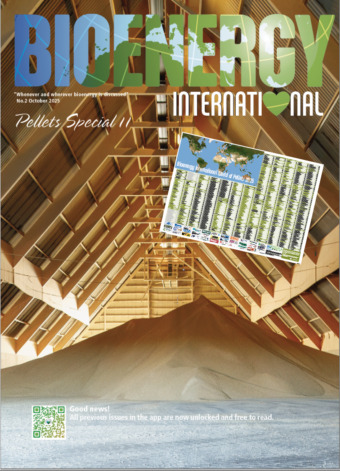US-based advanced renewable fuel and biochemical platform technology company, Gevo, Inc., has announced that it will be partnering with the US Department of Energy's (DOE) Los Alamos National Laboratory (LANL) on a project to improve the energy density of certain hydrocarbon products, such as its alcohol-to-jet-fuel (ATJ), to meet product specifications for tactical fuels for specialized military applications, which are currently purchased by the US Department of Defense (DoD).

According to a statement, Gevo and LANL are looking to develop a low-cost, catalytic technology that would be bolted-on to the company’s existing isobutanol-to-hydrocarbons process to produce high energy density fuels (HEDFs) for specialized military applications such as RJ-4, RJ-6 and JP-10.
With the successful scale-up of this technology, it is believed that Gevo’s HEDFs could be produced at a lower cost than the petroleum-based equivalent, even at current oil prices. HEDFs are currently used in air and sea-launched cruise missiles used by the US military forces.
High energy density fuels have the potential to increase the range of an aircraft or increase the payload that could be carried. That gives an obvious tactical advantage, but if this could eventually be scaled for wider use then translating these benefits to commercial airlines would have an even greater global impact, said Dr Andrew Sutton of Los Alamos National Laboratory (LANL).
If the project is successful in scaling HEDFs cost-effectively, there may be an even broader application in the general aviation sector, enabling higher energy density jet fuel that would provide superior mileage to traditional aviation fuels.
Currently, certain HEDFs are supplied by limited suppliers, so the DoD is interested in supporting alternative sources of these fuels, and potentially at a lower cost. The added benefit that this would be a renewable fuel that helps reduce greenhouse gas (GHG) emissions is just icing on the cake, said Dr Patrick Gruber, Gevo’s CEO.
ChemCatBio, a research and development (R&D) consortium within the US Department of Energy (DOE) dedicated to identifying and overcoming catalysis challenges for biomass conversion processes, awarded funding to LANL in support of the project.


